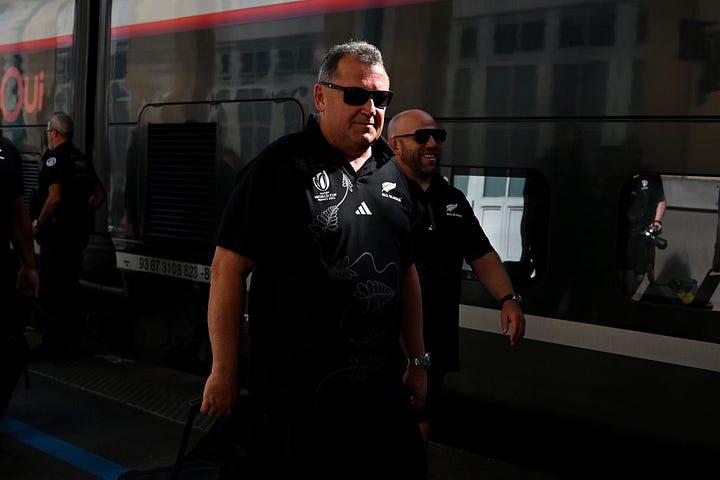

If you watch sport in large part to watch New Zealand teams and athletes winning on the world stage, that was a weekend of light and shade.
THE GOOD
In California, the ageless Scott Dixon picked up his third win in the final four IndyCar races of the season. It was a wild one, as a grid penalty then a controversial track penalty put Dixon at the back of t…
Keep reading with a 7-day free trial
Subscribe to The Bounce to keep reading this post and get 7 days of free access to the full post archives.



